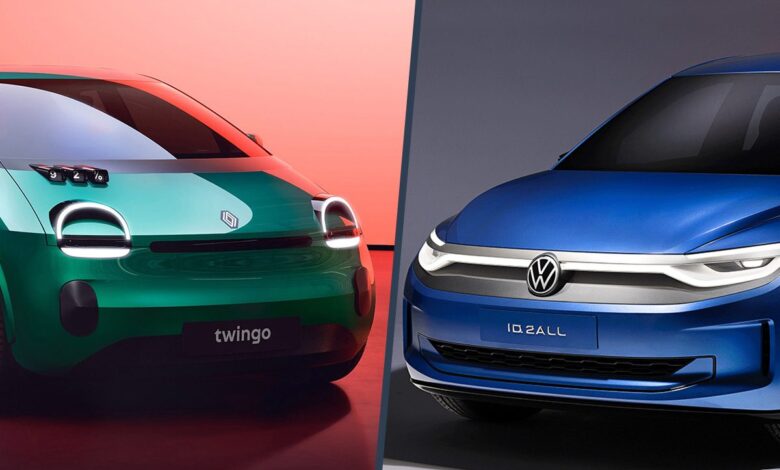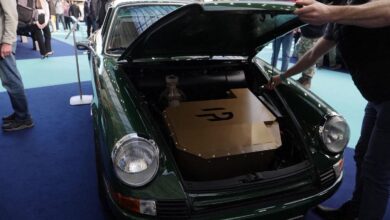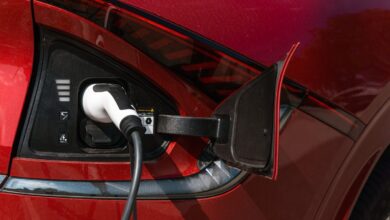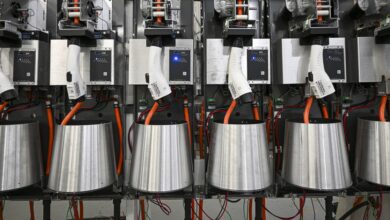Potential compact EV deal between VW & Renault on the ropes

Rumours persisted for months that the Franco-German cooperation on small cars could work out: Renault had already made it clear shortly after the announcement of the Twingo Electric that it was looking for a partner. And in March, VW said that it was already working on the design of the future small electric car, but that the exact realisation still had to be decided.
As “Reuters” now reports, the deal that has been pushed forward in recent months has fallen through. In the end, it was not possible to find a joint solution, the news agency quotes an insider. According to a second source, the negotiations were already very advanced. However, VW ultimately withdrew and wanted to develop the vehicle on its own.
There had already been indications around a month ago that the co-operation could fail. Here too, insiders reported – this time to “Manager Magazin” – that VW in particular was struggling. Or rather: the Wolfsburg works council.
According to media reports from April, the project had already been “negotiated through.” VW was to use an architecture from the French company (a cheaper version of the AmpR Small is being discussed) and contribute the electric drive itself. The electric car was to be built by Renault, possibly in Novo Mesto, Slovenia, where the current Twingo comes off the production line. While Volkswagen was still keeping a low profile, Renault CEO Luca de Meo recently hinted that an agreement with the Wolfsburg-based company was close to being reached.
However, VW works-council chairperson Daniela Cavallo had not yet given her approval. She is said to have fundamental reservations about the alliance – probably above all about the plan to have the electric car built by Renault. This is because Volkswagen has several underutilised plants in Europe, such as the MEB factory in Zwickau, and Audi is still looking for a successor project for the Brussels plant when production of the next generation of the Q8 e-tron moves to Mexico as planned. In other words, there are concerns on the part of the VW workforce about having a potentially high-volume project manufactured elsewhere in view of this situation.
It remains to be seen what will happen with the model potentially named ID.1. Due to the lack of a suitable platform, as the current version of the MEB is too expensive and not suitable for small cars, the ID.1 is unlikely to be ready as a solo project until 2029. Together with Renault on their platform with VW drives, the important 20,000-euro model could probably have been offered from 2027.



